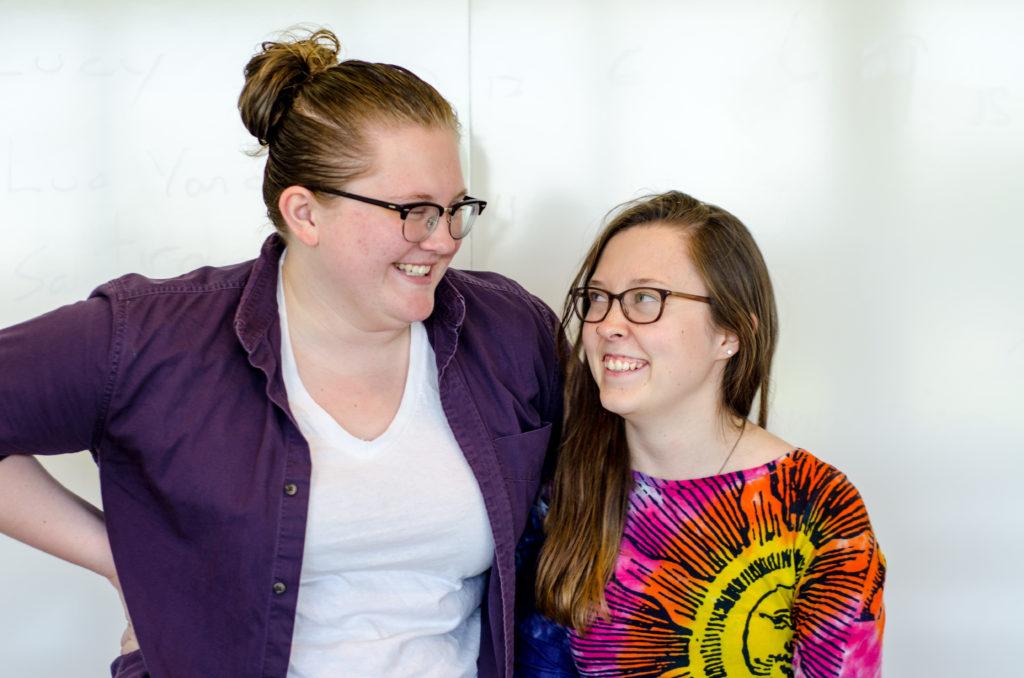Dear EM,
It’s my third year at Grinnell, but I sometimes I feel like nobody knows what it’s like to have my diagnosis. I was diagnosed with adult onset ADHD, and it’s a struggle: getting work done, doing friend things, extracurriculars, on top of “self-care” and trying to manage my symptoms. Where can I meet people who know what this feels like? There’s no way I’m only the only student on campus trying to be “the perfect Grinnellian” and manage myself.
– ADHD & alone
Hey ADHD & alone,
You’re right. There are so many more Grinnellians who can empathize with you. Last year, 15 percent of the student body made contact with the disAbility Resource Office. (Hopefully, that also makes us think about our perceptions of “the perfect Grinnellian.” Shout out to the CRSSJ for leading a great panel on the many intersecting identities of Grinnellians this week.) Recently, someone suggested starting an online peer support community for students who self-identify as having disability, a chronic illness or a mental health condition. It’s now a reality, and it’s pretty cool. It is neither affiliated with the administration of Grinnell College nor any existing student groups. To respect everyone’s privacy, it is a secret group, so to join, you will have to message one of us or someone you may already know in the group. We won’t ask why you’re joining. We’re not very scary. We just take bad pictures.
Hoping to share bad memes and rants with you soon,
-EM
(Emily Howe, Organizational Mentor, and Maddie O’Meara, Access Assistant.)
Dear EM,
Why does my backpack keep getting moved when I leave it outside the D-hall?
-Lost & Confused
Dear Lost & Confused,
Your backpack was probably in a spot that might make it hard for someone with a disability to get through. The racks outside the dining hall aren’t just there for decoration — we need people to not just toss their bags on the floor because it quickly becomes it creates an accessibility issue. A couple backpacks on the floor that are easy for you to walk around might look like a wall to someone with a mobility impairment. This is the same reason that bikes are often moved as well — to improve accessibility. We may not know what is and is not accessible to others, but we should always strive to make spaces as inclusive as possible for our fellow Grinnellians, whether they be peers, faculty, staff or administrators.
Hope that clarifies things,
-EM
This week we’re making a departure from our typical format because this week is Invisible Illness Awareness Week. Invisible illnesses such as chronic illness, chronic pain, mental health conditions or other chronic conditions affect one in two people. Fifteen percent of students made contact with the disAbility Resource Office last year. It’s important to realize that although we might assume many things about someone’s identity, we can’t be certain we know everything about their situation. This is part of the reason it’s important to make sure your space, meeting, emails or whatever else you’re working on is and are accessible and inclusive.




















































